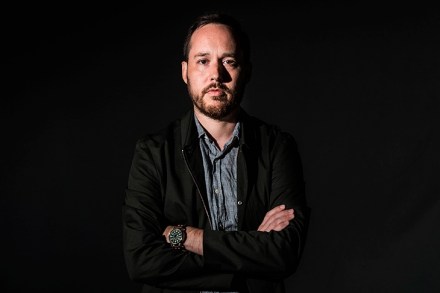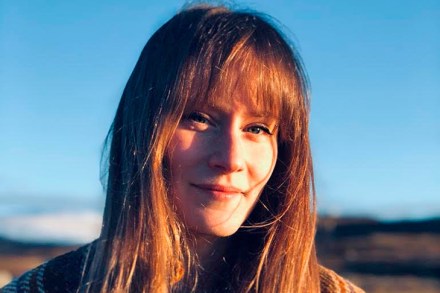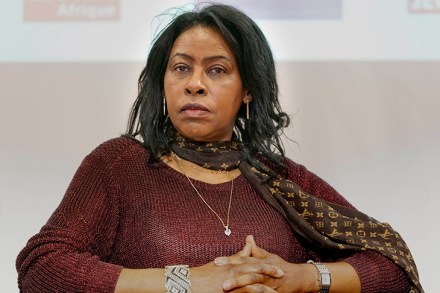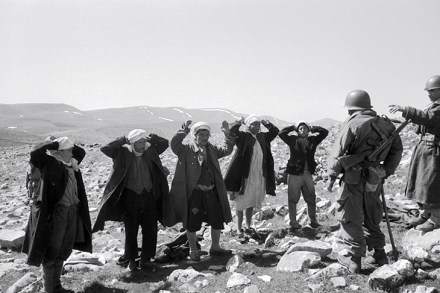Eliminate the positive: Come Join Our Disease, by Sam Byers, reviewed
Sam Byers’s worryingly zeitgeisty second novel, Perfidious Albion, imagined a post-Brexit dystopia dominated by global tech companies, corrupt spin doctors, shady think tanks and the corporate manipulation of government. So far so true — were it not for the current pandemic, one might call him a soothsayer. His third, aptly titled novel, Come Join Our Disease, dispenses with the crystal ball and instead explores the fear that the internet, despite its boons, is making us all ill. The pestilence, in this instance, is virtual. Byers’s heroine is Maya, a homeless woman once ‘peripherally employed’ in the tech world, now staying in a geographically indeterminate encampment. When JCBs arrive to clear





















